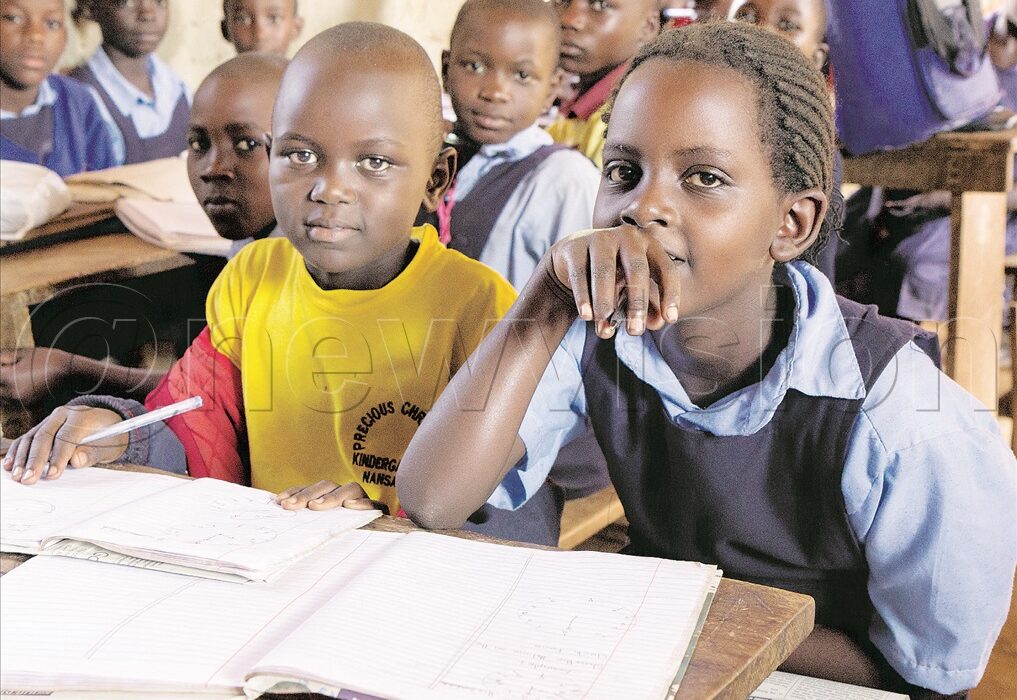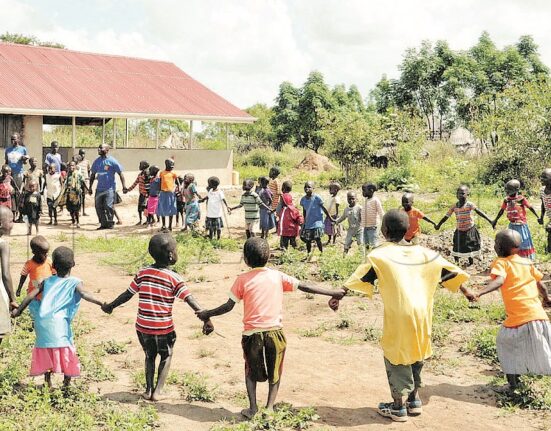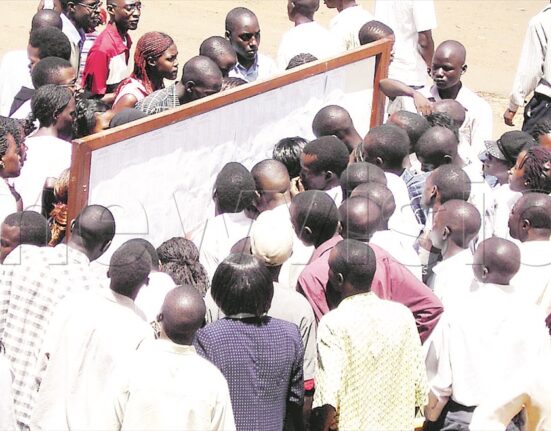By Martin Kitubi
WITH the likelihood that schools will reopen in January next year, a total of 4,339 private schools are likely to close due to prolonged lockdown, a National Planning Authority (NPA) report has revealed. Of these, 3,507 are primary, whereas 832 are secondary schools.
These schools depend on tuition fees to run. Without tuition fees, in most schools, all activities and operations ground to a halt. Consequently, according to the findings, NPA indicates that the schools are facing financial distress and indebtedness, which may eventually lead to their closure.
The findings are enshrined in the August technical note to the Government on school reopening that was developed by the National Planning Authority.
Of the total likely affected primary schools, NPA says that 1,749 are located in urban areas and the remaining 1,758 in rural parts. According to NPA, of the total secondary schools, 472 are located in urban areas whereas 360 others are in rural parts.
Consequently, NPA says the future of approximately 1.9 million learners enrolled in these schools remains uncertain.
This includes 1,534,000 primary school children and 390,000 secondary school children.
While pre-school sub-sector was not assessed during the study, given that it is 100% privately provided, the risk seems even higher than the rest of the sub-sectors,” NPA says.

Situation At Universities
According to NPA, the situation is not any better at institutions of higher learning as 80% of the private universities have already communicated financial distress to their staff.
Consequently, about 1,131 of full-time staff in private universities are likely to lose their jobs and or get suspended contracts, the report says.
“Similarly, about 106,336 students attending these institutions are at risk of dropping out and or taking dead years, should these institutions close permanently.”

What Experts Say
Joseph Kiggundu, the chairperson of the National Private Schools and Institutions COVID-19 committee said: “This is a big number of schools and it will have an impact on the sector.”
“We were engaged the Government to at least have a phased reopening of schools, but we were unsuccessful. Now, we will request the Government to introduce a recovery fund for private schools where we can borrow money at a small fee to revamp these schools,” he said.
In a separate interview, George William Ssemivule, the chief executive officer of Educom Consult, says the demand for schools will push other investors to set up schools even when the projected numbers close.

“These projections are correct. It could even get worse next year, but, there will be several other investors coming on board to set up schools,” he said. “Once schools finally reopen, it will be a lucrative business. We shall see hotels being turned into schools and they will be licensed,” he said.
However, to save the jobs and investments of Ugandans, Ssemivule, a former headteacher of Kings College Budo and Mengo Senior School, noted that there is a need for Government to support struggling academic institutions.
For such schools to stay in business, he urged them to adapt to online studying which makes them operate remotely.
“Within this time, the proprietors of these institutions should have thought about online studying. It is cheaper setting up an online system than building new facilities to accommodate more students,’ he said.
In addition, he said, the online portals have an added advantage that it offers unlimited space, adding, “You can enrol several learners at a go. The physical teaching can only be limited by space.”
Govt, Stakeholders React
Dr Denis Mugimba, the education ministry spokesperson, noted that the ministry is aware of the challenges private schools are facing and that they will continue to engage authorities to see how they can be assisted.
“The education ministry has been engaging stakeholders on the closure of institutions. Let us wait for the authorities, they will indicate how everyone will be catered for,” he said.

Are Children Studying At Home?
According to NPA, just 49% of the learners have been able to continue learning from home under current programmes.
Overall, the NPA report says, the majority (51%) of learners in Uganda across the various education sub-sectors have no access to learning.
By gender, the technical report indicates that fewer males (47.6%) have access to learning It should be noted that the education ministry adopted a multipronged approach to ensure continuity of learning through remote learning models.
This, among others, included the use of printed reading materials, televised lessons, radio lessons, as well as Internet-based learning.

Learning via radio was the most used and preferred platform for studying accounting for 32%.
It is followed by homeschooling (25.9%), learning via television (15.5%) in second and third respectively.
On the other hand, print materials provided by schools (3.1%), learning through the Internet, that is, Zoom (3.8%), mobile/volunteer teachers (8.2%) and parental teaching at home (7.6%) are the least used learning platforms during COVID-19 lockdown.
Limited use of the various learning platforms in Uganda is mainly attributed to the Internet cost, limited coverage and limited access by households.
For instance, TV platforms exclude 85% of the households without access, radio platforms exclude 56% of the households without access, while platforms that require electricity and internet exclude 72% and 49% of the households respectively.
(This article was first published in the New Vision on 22 September, 2021)









Leave feedback about this